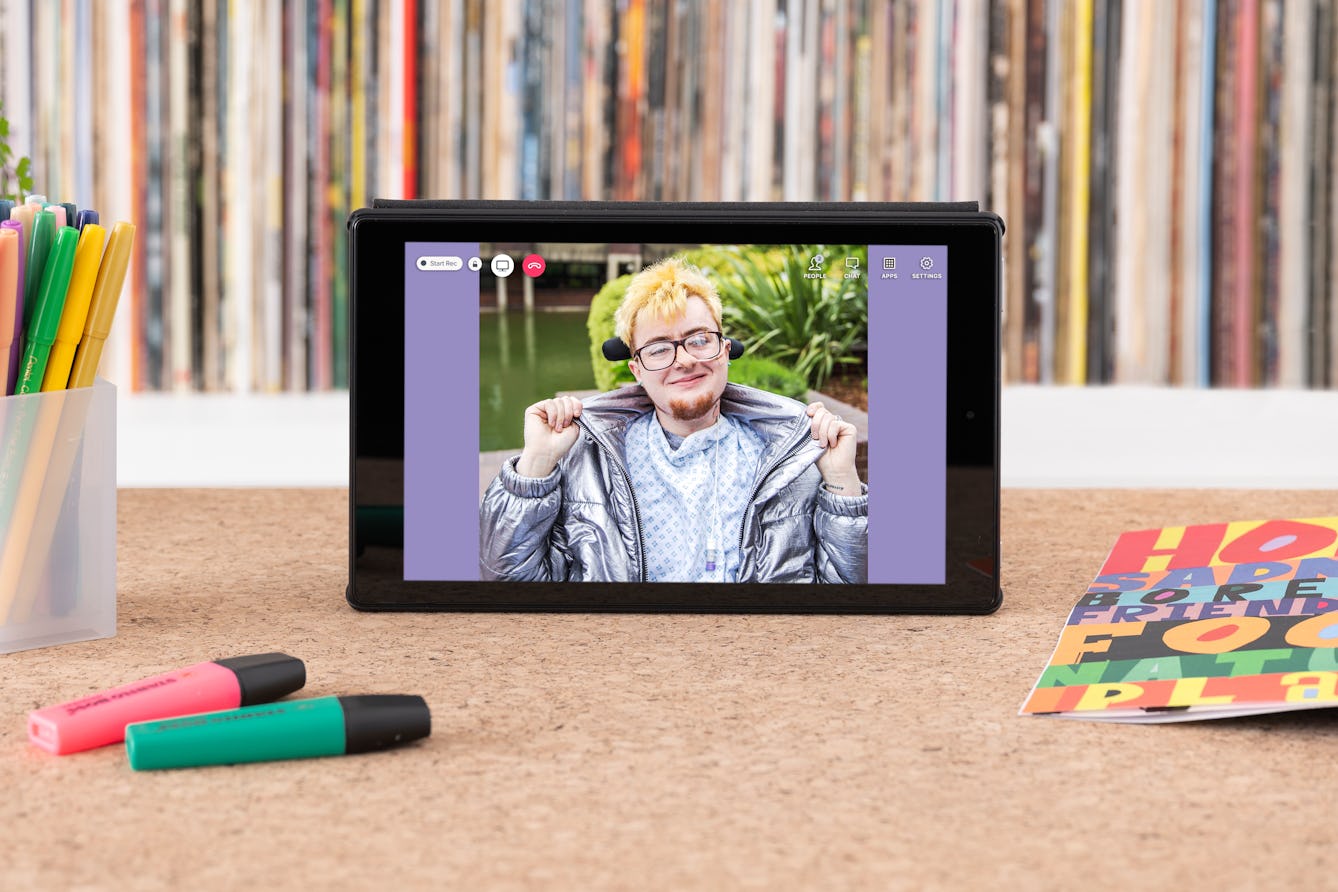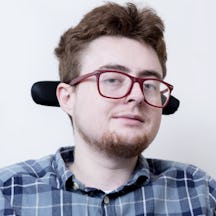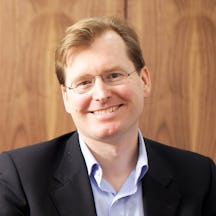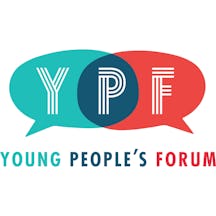What you'll do
Join artist Jamie Hale and psychologist Professor Ed Watkins in a creative workshop where you will explore how our brains work and how we can affect our moods.
The workshop will start with a conversation between Jamie and Ed followed by a Q&A where you will be able to ask them questions about the ideas raised. Then you’ll have the opportunity to collaborate with others to develop the concept of an app that could help build some of these ideas into people’s everyday lives.
This is a relaxed event. Cameras can be on or off as needed. You can move around and make noise at any time. If you need to dip in and out of the session, you can. There will be multiple ways to communicate, ask questions and participate (such as using the chat function if you do not want to use your voice).
If you have any access requests or requirements, for example a transcript of the event, email us at access@wellcomecollection.org or call 020 7611 2222.
This workshop is for 14 to 19 year-olds. It is limited to 16 places and booking is essential. You will be given joining instructions for Zoom in your confirmation email.



